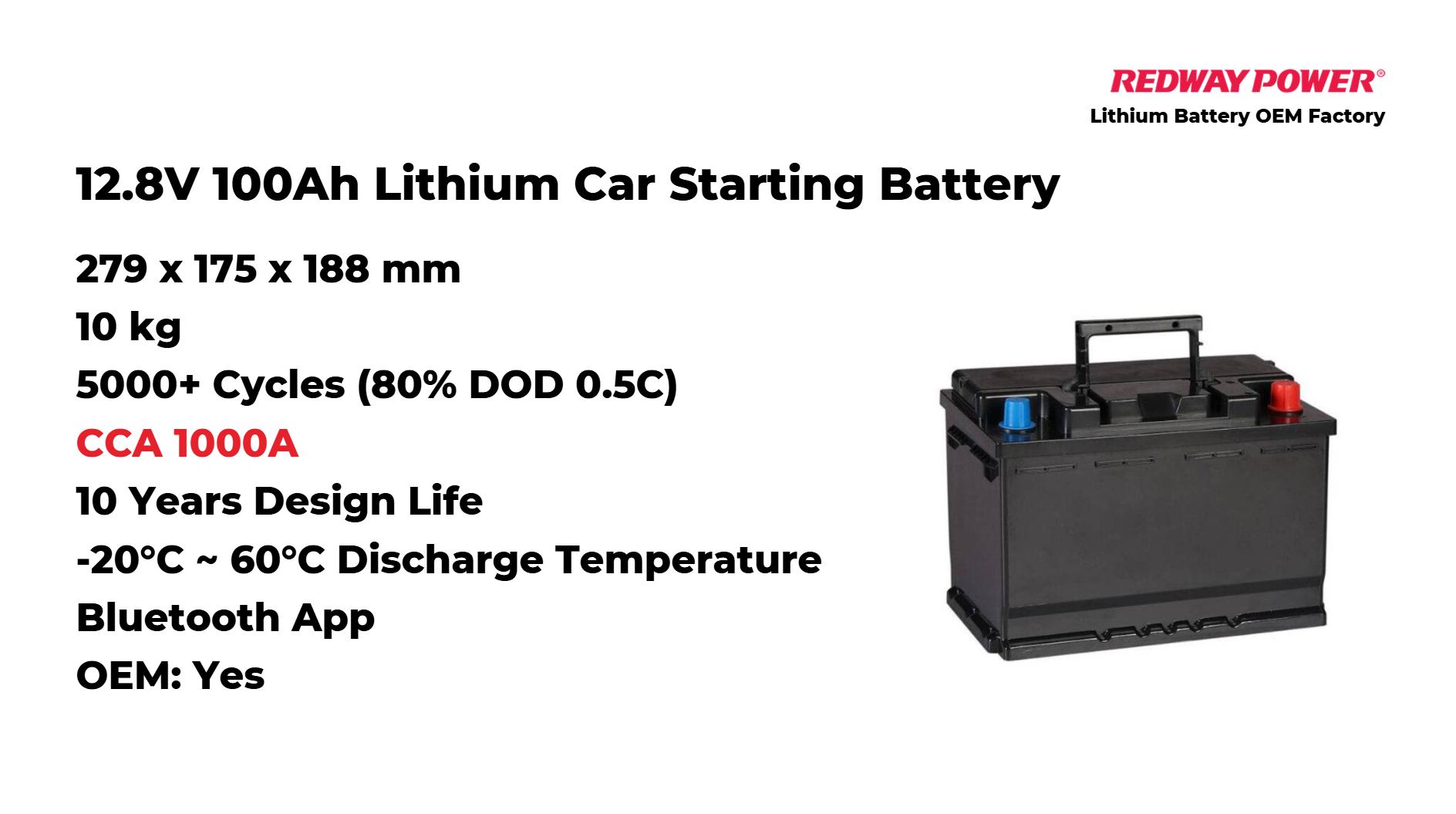
What You Need to Know About 12V Car Batteries
A 12V car battery is essential for starting your vehicle and powering its electrical systems. There are several types of 12V batteries, including flooded lead-acid, sealed valve-regulated lead-acid (VRLA), AGM, gel, and lithium-ion. Each type has unique characteristics, advantages, and applications that cater to various vehicle needs.
What are the different types of 12V car batteries available?
The different types of 12V car batteries include flooded lead-acid, absorbed glass mat (AGM), gel batteries, and lithium-ion batteries. Each type serves specific applications, with varying performance characteristics, maintenance needs, and price points. The most common types of 12V car batteries include:
- Flooded Lead-Acid Batteries: The traditional type, consisting of lead plates submerged in a liquid electrolyte.
- Sealed Valve-Regulated Lead-Acid (VRLA) Batteries: These are sealed and maintain their electrolyte within the battery.
- AGM (Absorbent Glass Mat) Batteries: A type of VRLA that uses fiberglass mats to absorb electrolyte.
- Gel Batteries: Similar to VRLA but use a gel-like electrolyte for enhanced safety.
- Lithium-Ion Batteries: A newer technology offering higher energy density and longer lifespan.
Battery Type Overview Chart
| Battery Type | Key Features | Typical Applications |
|---|---|---|
| Flooded Lead-Acid | Requires maintenance, cost-effective | General automotive use |
| VRLA | Sealed, low maintenance | Start-stop vehicles |
| AGM | Spill-proof, good for high-performance | Luxury vehicles, performance cars |
| Gel | Safe in extreme conditions | Motorcycles, RVs |
| Lithium-Ion | Lightweight, long lifespan | Electric vehicles, hybrids |
How do flooded lead-acid batteries function?
Flooded lead-acid batteries function by using a liquid electrolyte composed of sulfuric acid and water. The chemical reaction between lead plates and the electrolyte generates electrical energy, making them suitable for starting engines and powering electrical systems in vehicles. Flooded Lead-Acid Operation Chart
| Process | Description |
|---|---|
| Discharge | Chemical reaction produces electricity |
| Charge | Reverses chemical reaction |
What advantages do sealed valve-regulated lead-acid (VRLA) batteries offer?
Sealed valve-regulated lead-acid (VRLA) batteries offer advantages such as maintenance-free operation, spill-proof design, and resistance to vibration. They provide reliable performance in various conditions, making them ideal for applications where safety and convenience are priorities. VRLA batteries provide several benefits:
- Maintenance-Free: They do not require regular water checks or refills.
- Safety: The sealed design prevents leaks and minimizes gas emissions.
- Versatility: Suitable for various applications including start-stop systems.
Advantages of VRLA Chart
| Advantage | Description |
|---|---|
| Maintenance-Free | No need for water topping |
| Leak-Proof | Sealed design prevents spills |
| Versatile | Works well in diverse environments |
Why are AGM and gel batteries popular choices for vehicles?
AGM and gel batteries are popular choices for vehicles due to their durability, low maintenance requirements, and ability to withstand deep discharges. Their sealed design prevents spills and leakage, making them safer for use in confined spaces like engine compartments. AGM and gel batteries have gained popularity due to their performance characteristics:
- AGM Batteries: Offer high discharge rates and can withstand deep cycling without damage.
- Gel Batteries: Provide excellent performance in extreme temperatures and require little maintenance.
AGM vs Gel Battery Comparison Chart
| Feature | AGM Battery | Gel Battery |
|---|---|---|
| Maintenance | Maintenance-free | Maintenance-free |
| Performance | High discharge rates | Stable performance in extreme conditions |
| Cost | Generally more expensive than flooded | Typically higher than AGM |
How do lithium-ion 12V car batteries compare to traditional options?
Lithium-ion 12V car batteries offer several advantages over traditional options, including higher energy density, longer lifespan, faster charging times, and lower weight. While they tend to be more expensive upfront, their efficiency and longevity often make them a cost-effective choice in the long run. Lithium-ion batteries represent a significant advancement over traditional lead-acid options:
- Higher Energy Density: Lithium-ion batteries can store more energy relative to their size.
- Longer Lifespan: They typically last longer than lead-acid batteries, often exceeding 10 years.
- Lightweight Design: Their reduced weight improves vehicle efficiency.
Lithium-Ion vs Lead-Acid Comparison Chart
| Feature | Lithium-Ion | Lead-Acid |
|---|---|---|
| Lifespan | Up to 10 years | 3 – 5 years |
| Weight | Lighter | Heavier |
| Energy Density | Higher | Lower |
Industrial News
The automotive battery market is rapidly evolving with increased adoption of lithium-ion technology due to its superior performance characteristics. Major manufacturers are investing in research and development to enhance battery longevity and efficiency, addressing consumer demand for electric vehicles (EVs) and hybrids. As technology advances, traditional lead-acid options are being phased out in favor of more sustainable solutions.
Expert Views
Understanding the different types of 12V car batteries is crucial for making informed decisions about vehicle maintenance,” says John Smith, an automotive expert. “As we move towards more electric vehicles, lithium-ion technology will play a vital role in shaping the future of automotive power systems.”
